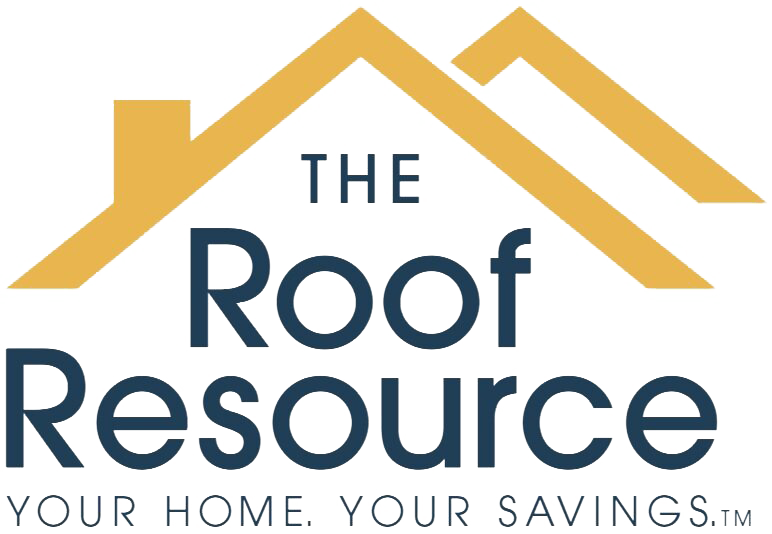New Roof Financing in Detroit, MI
Explore financing options for your new roof. Contact us today!
Considering a new roof? Whether it’s due to wear and tear, storm damage, or simply the desire to upgrade, investing in a new roof is a significant decision for any homeowner. As you weigh your options, it’s essential to not only think about the style and material of the roof but also how you will finance this important project.
In Detroit, MI, where extreme weather conditions can take a toll on roofs, finding the right financing option for a new roof is crucial. Fortunately, there are various financing avenues available to homeowners, offering flexibility and peace of mind. From traditional loans to government programs, acknowledging the choices at your disposal can make the process of financing your new roof much smoother.
Exploring Traditional Loans
Traditional loans from banks and credit unions are a common way for homeowners to finance a new roof. These loans typically offer fixed interest rates and can be secured or unsecured, depending on the borrower’s financial situation.
Secured loans, such as home equity loans or lines of credit, utilize the equity in the home as collateral, often resulting in lower interest rates compared to unsecured loans. On the other hand, unsecured loans don’t require collateral but may come with higher interest rates due to the increased risk for the lender.
Securing a traditional loan for a new roof allows homeowners to make fixed monthly payments over a set period, providing stability and predictability in budgeting for the project.
Navigating Government Programs
In Detroit, MI, and across the United States, there are various government programs aimed at assisting homeowners with essential home improvements, including roof replacements. These programs may offer grants, low-interest loans, or tax credits to eligible homeowners.
Navigating these programs can be complex, as each may have specific eligibility requirements and application processes. For example, the Federal Housing Administration (FHA) Title I program offers loans specifically for home improvements, including roofing, while the Department of Veterans Affairs (VA) also provides financial assistance for certain home modifications for veterans with service-connected disabilities.
Knowing the available government programs and their benefits can help homeowners take advantage of financial support to make necessary roof replacements more affordable.
Considering Manufacturer Financing
Some roofing manufacturers offer financing options directly to homeowners. This type of financing often comes with special promotional offers, such as low or zero-interest financing for a specific period, making it an attractive choice for homeowners looking for short-term financing solutions.
Manufacturer financing can be particularly advantageous when combined with warranty programs offered by the manufacturer, providing comprehensive coverage for the new roof. ligning the financing and warranty through the manufacturer, homeowners can streamline the process and ensure quality workmanship and materials for their roof replacement.
Exploring Contractor Financing Options
Many roofing contractors partner with financing companies to offer tailored financing solutions for homeowners. These options may include low monthly payments, flexible terms, and expedited approval processes, making it easier for homeowners to move forward with their roof replacement projects.
Roofing contractors who provide financing options often have established relationships with lenders, allowing them to facilitate the application and approval process with minimal hassle for the homeowner. This approach streamlines the financing process, bringing convenience and peace of mind to homeowners seeking to replace their roofs.
Evaluating Home Equity Options
Homeowners with substantial equity in their homes may explore various equity-based financing options, such as home equity lines of credit (HELOCs) or cash-out refinancing. Tapping into home equity can provide significant funds for a new roof, often at lower interest rates compared to other forms of borrowing.
HELOCs allow homeowners to borrow against the equity in their homes as needed, providing flexibility in accessing funds for home improvement projects. Cash-out refinancing, on the other hand, involves replacing the existing mortgage with a new, larger loan, with the difference between the two amounts available to the homeowner as cash.
Evaluating the different home equity options can help homeowners leverage their home’s value to finance a new roof while benefiting from favorable interest rates and potential tax advantages.
Closing considerations
When it comes to financing a new roof in Detroit, MI, exploring the available options is crucial for homeowners seeking to make this significant investment in their properties. Traditional loans, government programs, manufacturer financing, contractor partnerships, and home equity solutions all provide viable paths for securing the funds needed to undertake a roof replacement project.
By thoroughly evaluating these financing avenues and considering their individual benefits and considerations, homeowners can make informed decisions that align with their financial goals and long-term plans for their homes. With the right financing in place, homeowners can confidently move forward with their new roof project, ensuring the protection and value of their homes for years to come.


